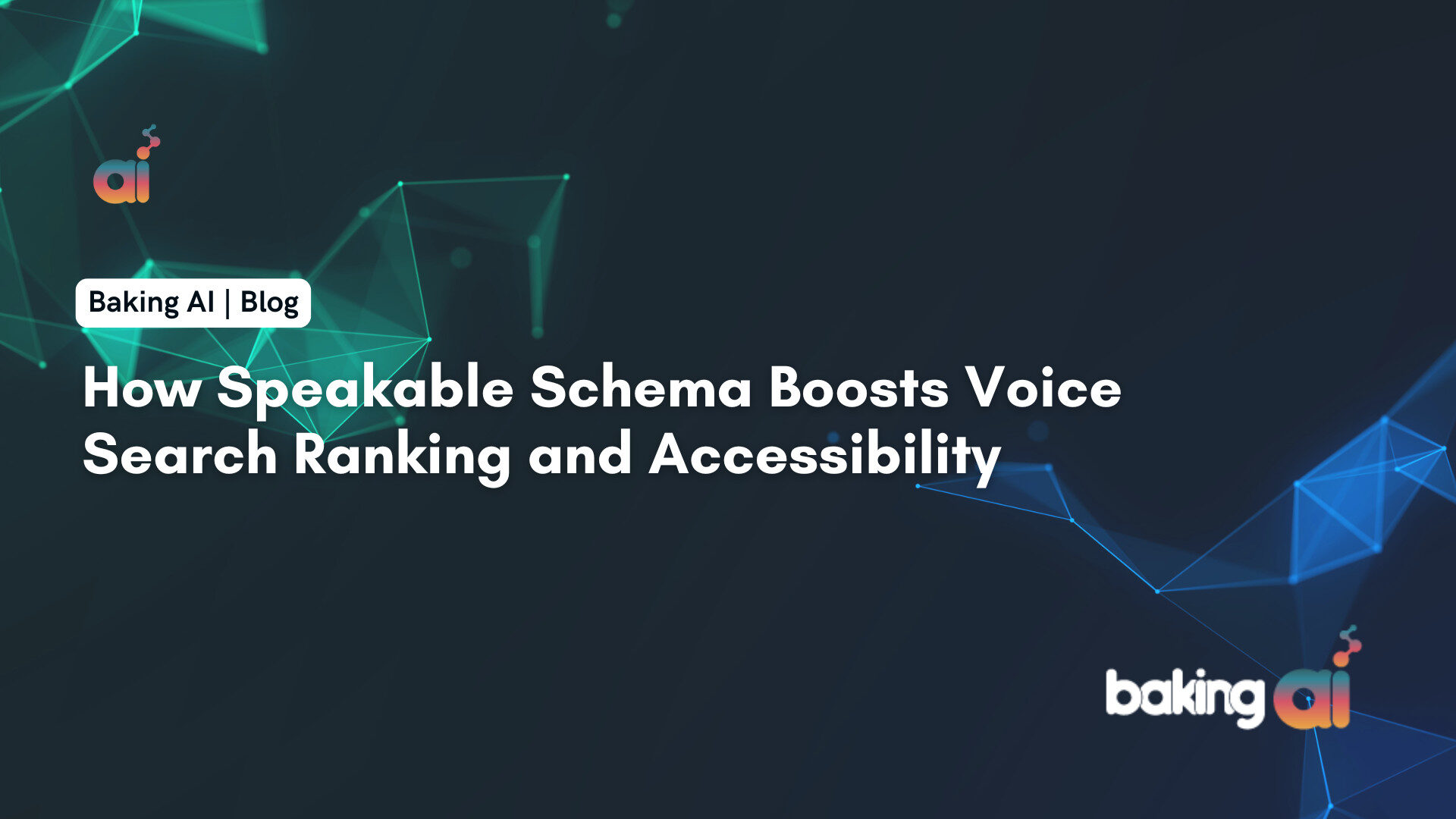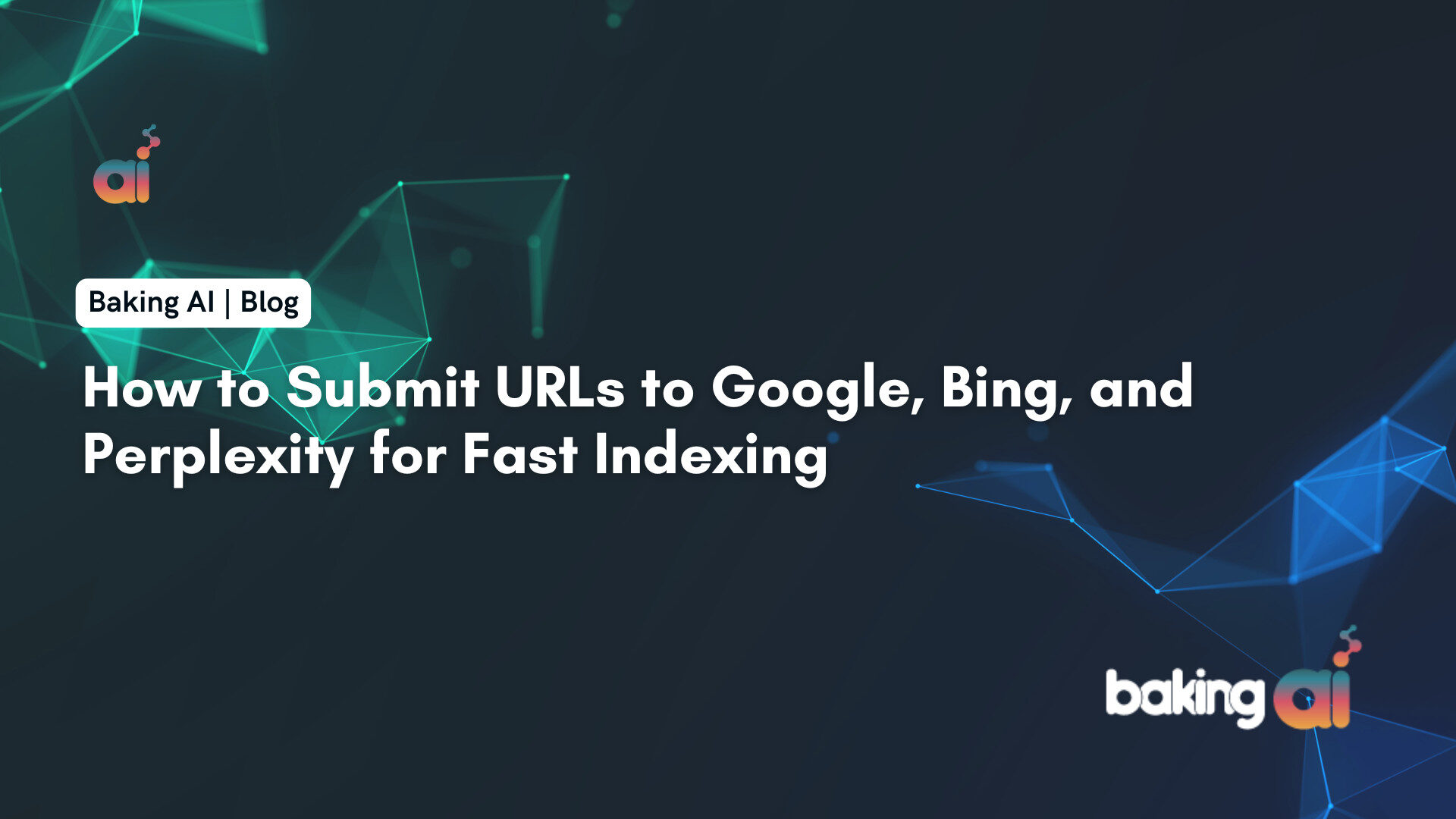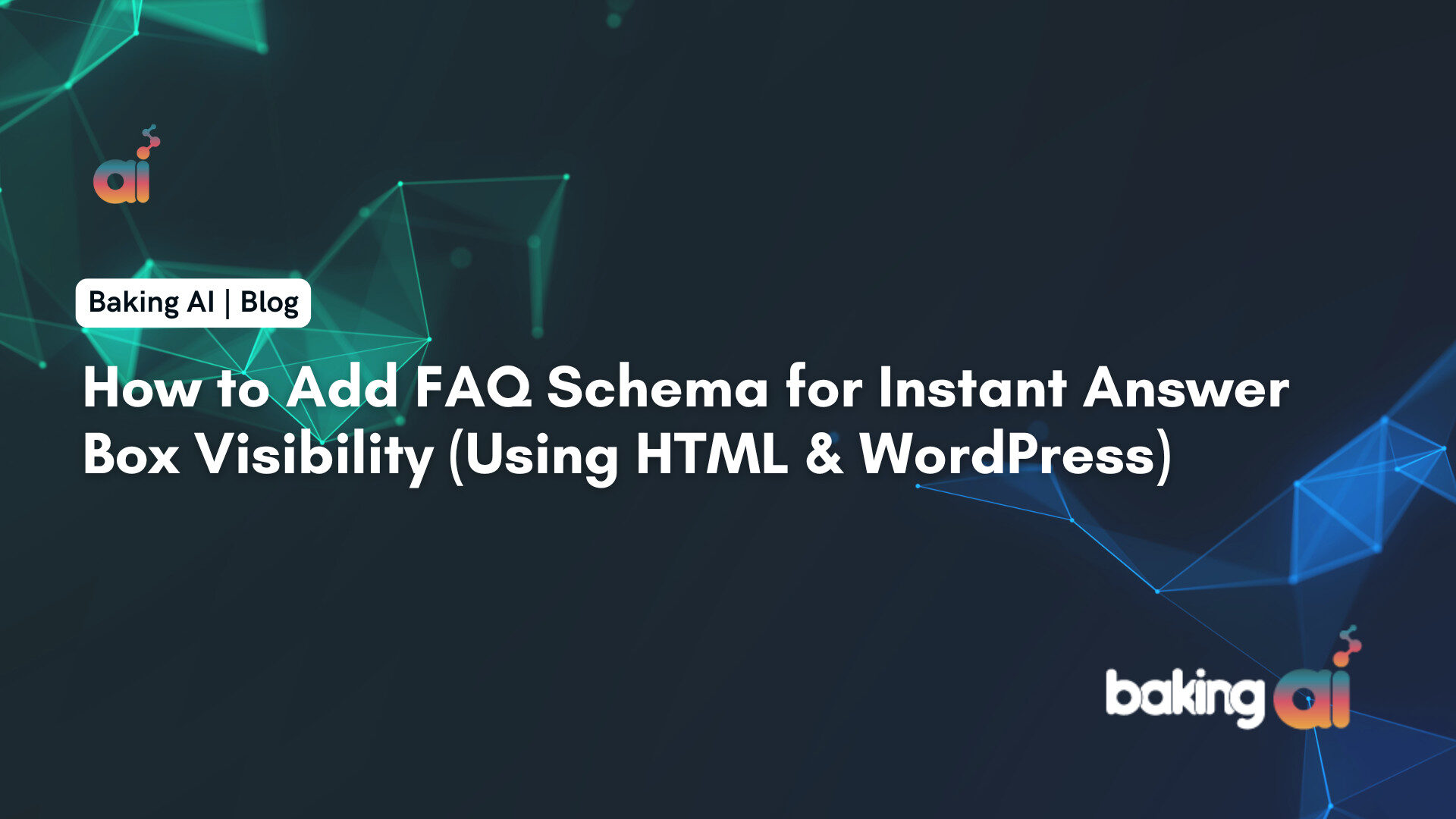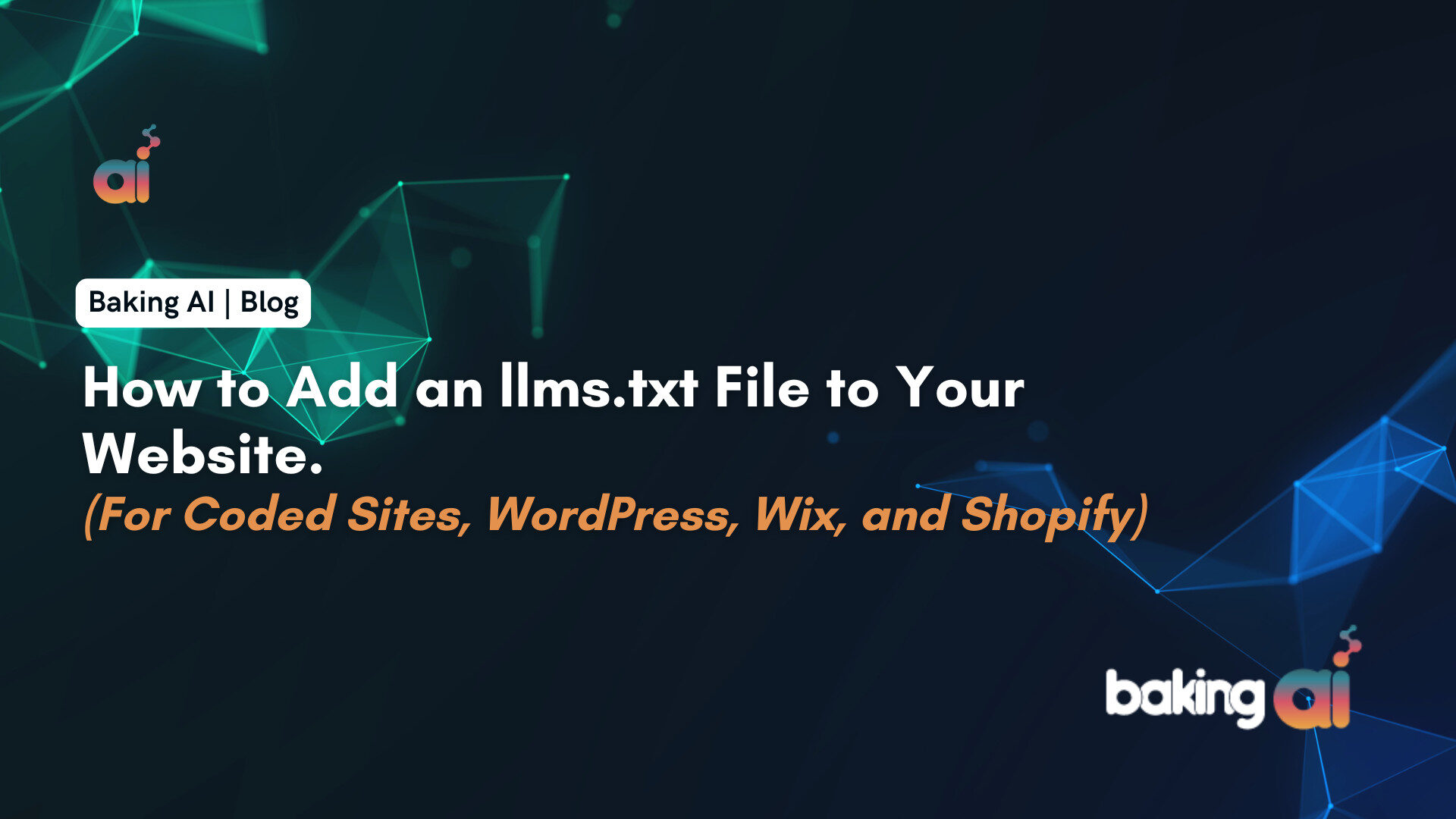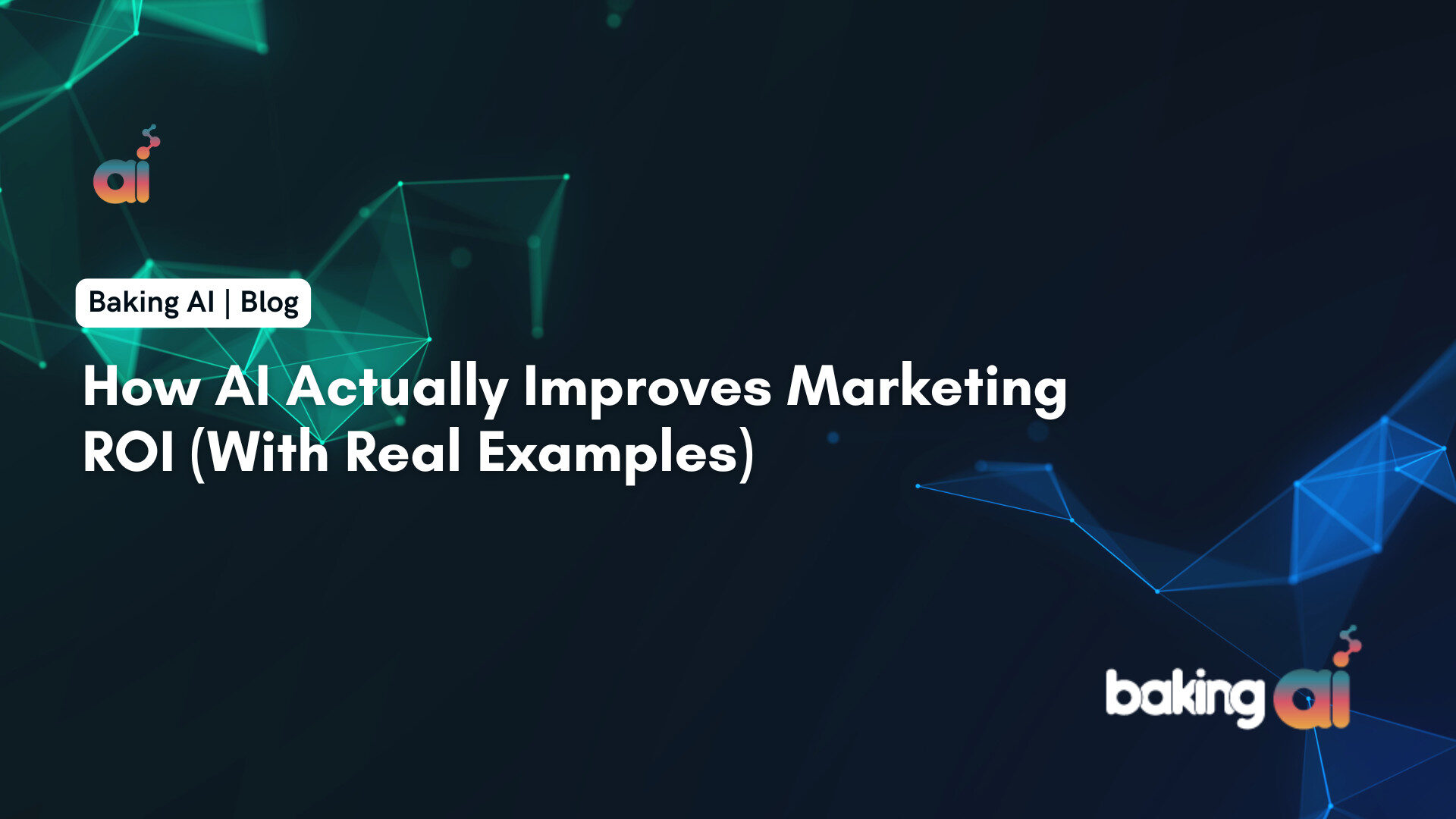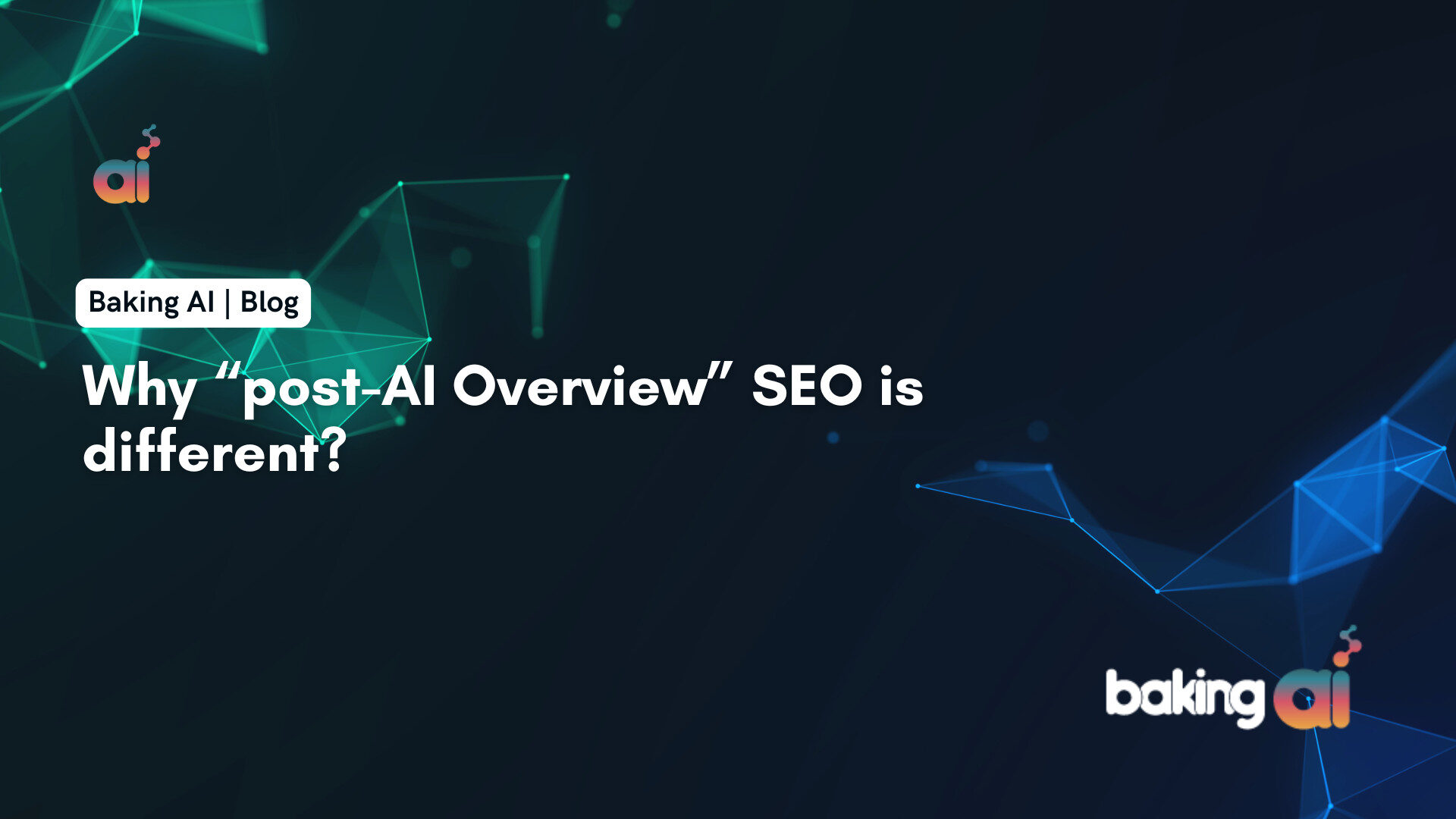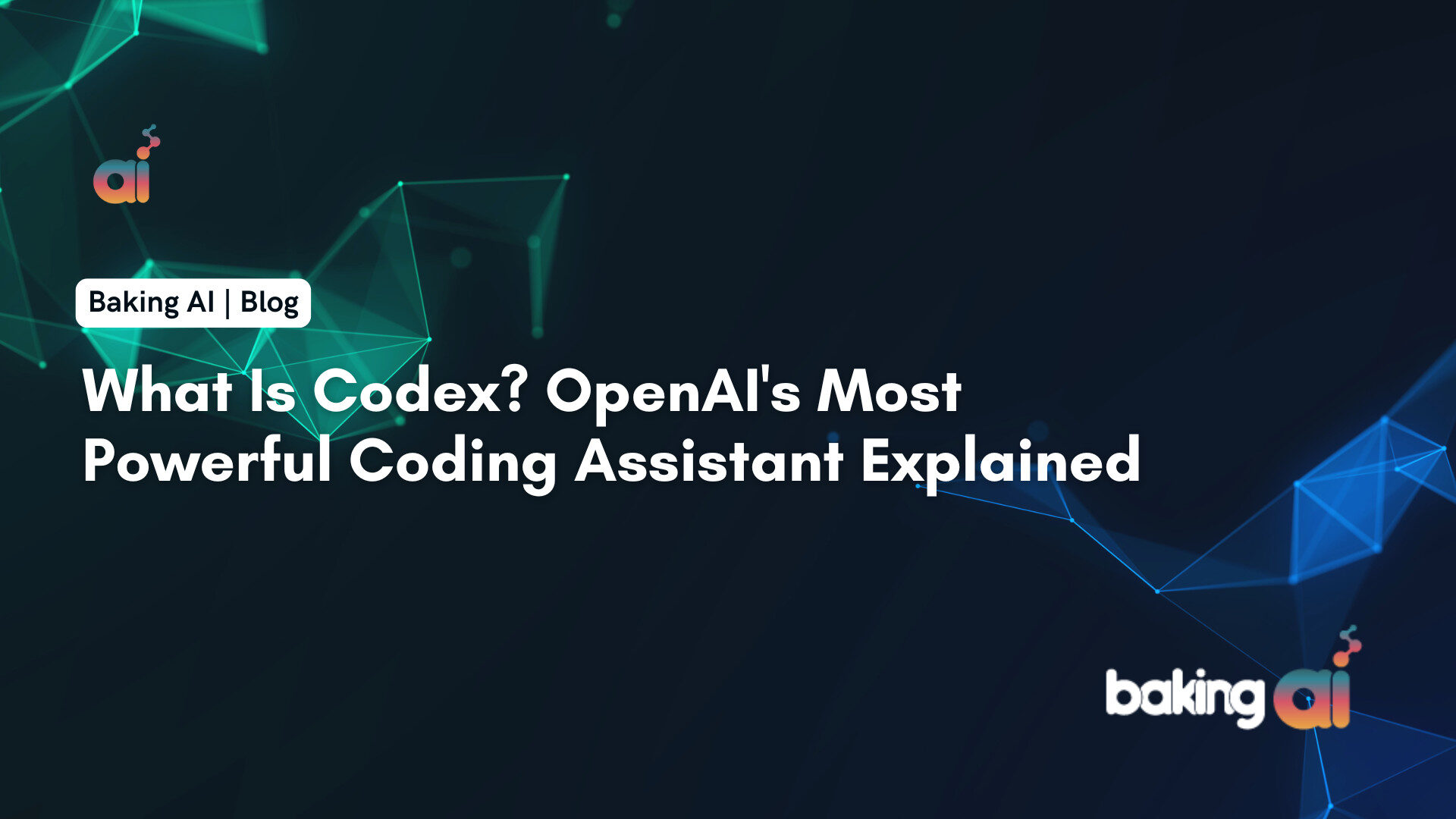When Google’s AI Overviews (and similar “answer engines”) appear, they answer many queries right in the SERP. Traffic for the #1 organic result on informational keywords drops by ~34 % on average, yet brand impressions often rise because the overview cites its sources.Your goal therefore shifts from “get the click” to (a) be cited by the AI and (b) capture business value even when users never leave the results page.
1. Make your site easy for both Google and LLM crawlers
| Task | Why it matters | Quick win |
|---|---|---|
Add an llms.txt file |
Lets ChatGPT, Perplexity & others know what they may crawl, similar to robots.txt |
Allow /blog/*, disallow /internal/* |
| Serve critical content as static HTML | AI crawlers struggle with heavy JS. | Render key answers server-side |
| Keep Core Web Vitals healthy | Page experience still influences AI Overview source selection | INP < 200 ms, CLS < 0.1 |
| Schema everywhere | Structured data that matches visible content increases eligibility for rich results and AI snippets | How-to, FAQ, Product, Author |
2. Create people-first, machine-readable content
- Answer the actual question in ≤ 40 words, then elaborate. AI Overviews like concise, high-confidence copy.
- Use extraction-friendly formats – numbered steps, bullet lists, comparison tables, mini-FAQs. This is the same formatting that wins featured snippets and now feeds AI Overviews.
- Target informational, long-tail queries (“how does X work”, “best way to…”)—99 % of AI Overviews trigger on these, not commercial keywords.
- Layer E-E-A-T signals – author bios with credentials, first-hand screenshots, and citations to primary research. Entity authority is still the north star.
- Embed original data/quotes (surveys, mini-benchmarks); AI models prefer citing unique facts over re-hashed content.
Pro tip for conversions: Place a subtle, above-the-fold lead magnet (eBook, demo, WhatsApp chat) so visitors arriving after reading an AI Overview see an immediate next step.
3. Build signals beyond your own site
| Channel | What to do | Business payoff |
|---|---|---|
| Digital PR & thought-leadership | Pitch data stories to trade sites; secure quotes in industry round-ups | Branded citations raise authority in AI answers. |
| Reddit / Quora engagement | Answer niche questions transparently (one post per week is enough) | Reddit is heavily weighted in LLM training data and already licensed by Google/OpenAI. |
| Video & short-form | Repurpose blog how-tos into YT Shorts/Reels | Multimedia is increasingly pulled into AI Overviews. |
| Strategic link earning | Fewer but higher-authority backlinks; anchor text = your entity | Reinforces the Knowledge Graph connections used in AI reasoning |
4. Measure what matters now
- Track AI Overview citations – tools like Authoritas, Semrush (SERP features filter) or manual spot-checks show when you’re the source.
- Monitor “LLM visibility” – run prompts in ChatGPT (web), Gemini, and Perplexity monthly to see if/where your brand is mentioned.
- Create a new KPI stack:
- Overview Impressions → Brand Recall (survey / direct traffic)
- On-SERP CTAs clicks (e.g., phone, WhatsApp, GMB)
- Post-impression conversions (users who later search brand terms)
5. Workflow: a practical 90-day playbook
| Week | Actions |
|---|---|
| 1-2 | Technical audit → add llms.txt, verify schema, fix CWV |
| 3-6 | Rewrite top 10 informational articles for extraction-friendly structure; insert CTA blocks |
| 7-8 | Publish one original data piece (survey, benchmark) + outreach to 5 niche media sites |
| 9-10 | Seed two authoritative answers on Reddit/Quora each week |
| 11-12 | Review AI Overview visibility, adjust content gaps, plan next quarter topics |
Key takeaway
SEO is not dead; it’s diversified. By combining solid technical hygiene, extraction-ready content, and off-site authority building, you can own the citations that power AI Overviews and provide seamless conversion paths for the fewer—but higher-intent—visitors who still click through.


